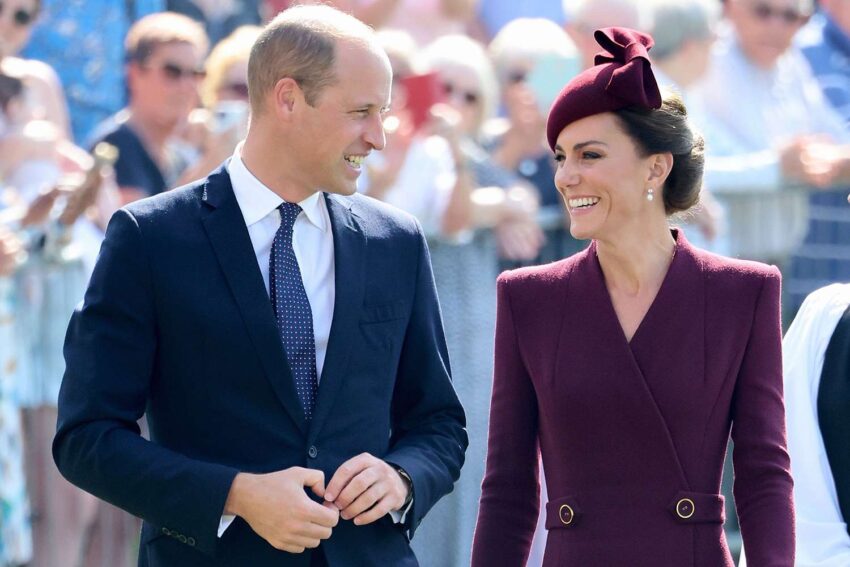Breaking news today unveils the annual salary of Prince William, the 42-year-old heir to the British throne, amidst personal challenges and public duties.
Alongside his wife, Princess Catherine, the royal couple has once again captured attention, this time for their significant earnings from the Duchy of Cornwall.
The Duchy, comprising approximately 129,604 acres of land valued at around $1.4 billion, disclosed an annual revenue surplus of £23.6 million for the fiscal year 2023-2024, equivalent to $30.4 million.
This surplus plays a crucial role in funding the official, charitable, and private endeavors of Prince William, Princess Catherine, and their three children – Prince George, Princess Charlotte, and Prince Louis.
Notably, the surplus serves as Prince William’s salary, with him voluntarily paying income taxes on the amount.
However, details regarding the specific tax payments made by Prince William in the previous year were not outlined in the 2023-2024 Duchy report.
Additionally, Prince William does not have access to the Duchy’s capital gains.
The past year marked the first instance where Prince William and Princess Catherine received the full surplus amount.
In the preceding year, Prince William had received approximately £6 million from the Duchy due to assuming the title of Duke of Cornwall following the demise of the late Queen midway through the financial year.
Furthermore, the Duchy had requested to retain an additional portion for the estate’s day-to-day operations.
The financial affairs of the Duchy of Cornwall often spark discussions in Britain upon the release of its annual review.
While the estate’s revenue is not classified as public funds, debates ensue due to the estate’s inherited nature and the historical practices of land and property acquisition.
Covering a vast expanse of over $1 billion in property assets across 52,250 hectares, slightly exceeding 129,112 acres, the Duchy also boasts financial assets surpassing $100 million.
Born on June 21, 1982, at St. Mary’s Hospital in London, Prince William holds a significant position as the first child of Charles, Prince of Wales, and Princess Diana of Wales.
His birth occurred during the reign of his paternal grandmother, Queen Elizabeth, marking a historic moment as the first child born to the Prince and Princess of Wales in nearly eight decades.
This momentous occasion was cherished by both the royal family and the people of the United Kingdom.
Looking ahead, Prince William is poised to receive his father’s red boxes to familiarize himself with a regency role should the king’s health deteriorate.
In the event of ascension, Catherine would assume the title of Queen Consort Catherine, a role primarily focused on providing support and advocacy for the monarch.
While she may officially be recognized as Her Majesty the Queen Consort, she is likely to be referred to more simply as Her Majesty the Queen, akin to the current practice with Queen Camilla.
Furthermore, it is worth noting that Queen Consorts such as Camilla and future Queen Catherine retain their titles even if they outlive their husbands.
In terms of regnal names, Prince William could opt to retain his given name upon ascending the throne, becoming King William V. Notably, some royals have chosen to adopt different regnal names, as exemplified by King George VI, originally named Albert Frederick Arthur George, who selected King George to maintain continuity between reigns.
As for potential regnal names for Prince William, options such as King Arthur, King Philip, or King Louis are conceivable given his full name of William Arthur Philip Louis.
However, the likelihood remains high that he will opt to continue as King William V. Amid speculations and inquiries, the royal family maintains a sense of tradition and continuity, ensuring a seamless transition in the event of future changes within the monarchy.
